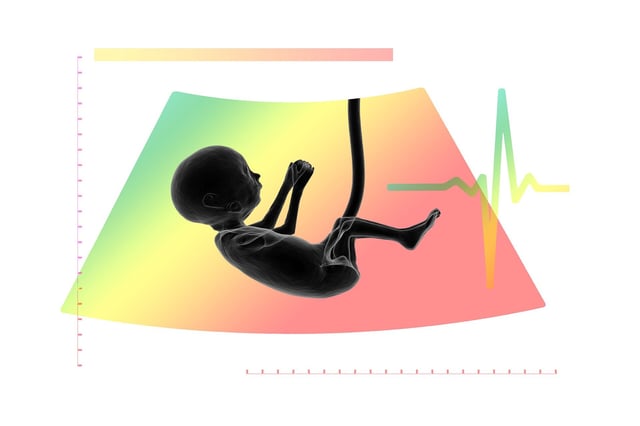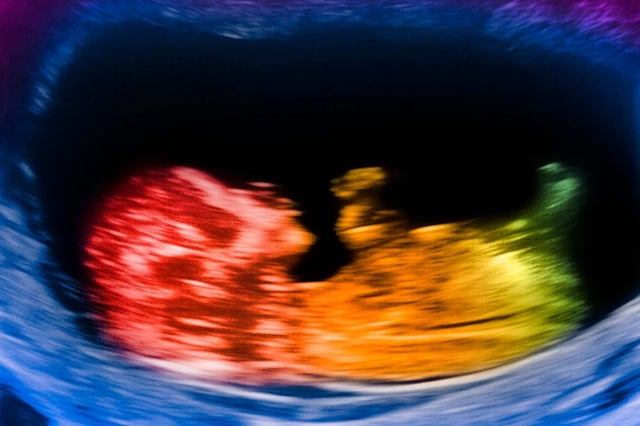Overview
- Researchers from Cambridge and Oxford propose the placental steroid hypothesis, arguing that hormones produced by the placenta in utero significantly influenced human brain evolution.
- Mini-brain organoid studies show that testosterone exposure boosts cortical cell proliferation, resulting in increased brain size.
- Experiments reveal that estrogens enhance synaptic connectivity, potentially strengthening neural networks underlying advanced cognitive functions.
- Comparative data indicate that human pregnancies feature higher estrogen levels and placental aromatase activity than those of other primates, which may have reduced sex differences and fostered social cohesion.
- The hypothesis provides a new framework for understanding neurodiversity and the emergence of complex social behaviors as evolutionary outcomes of prenatal hormone variation.


